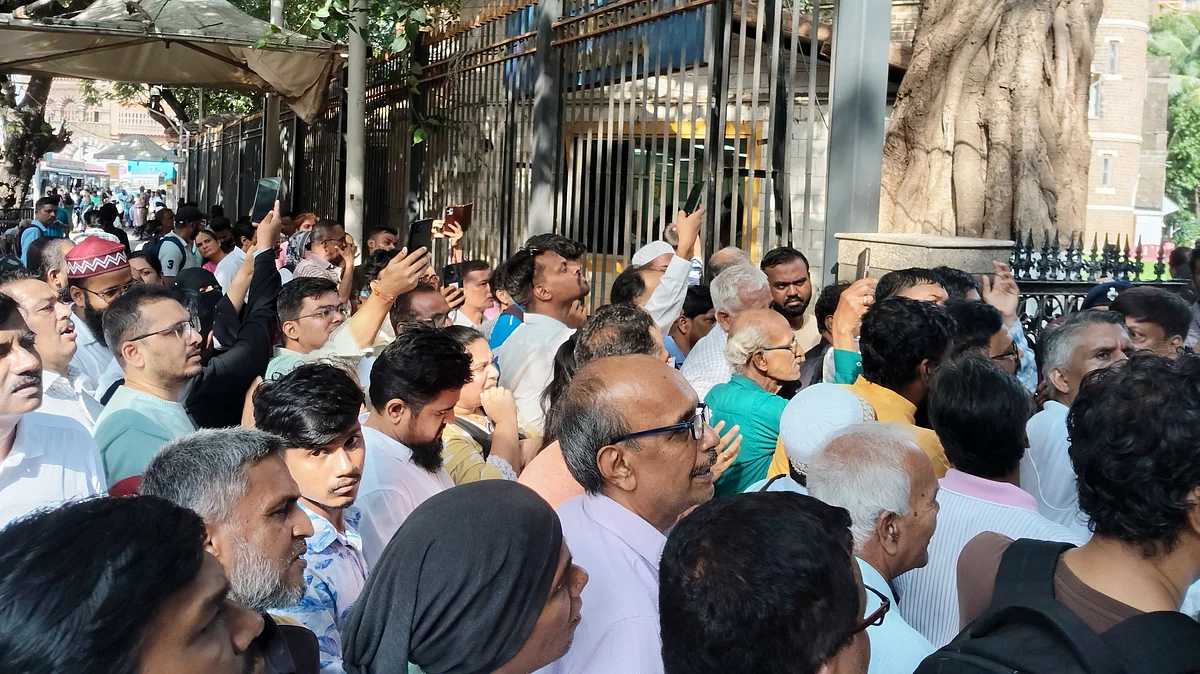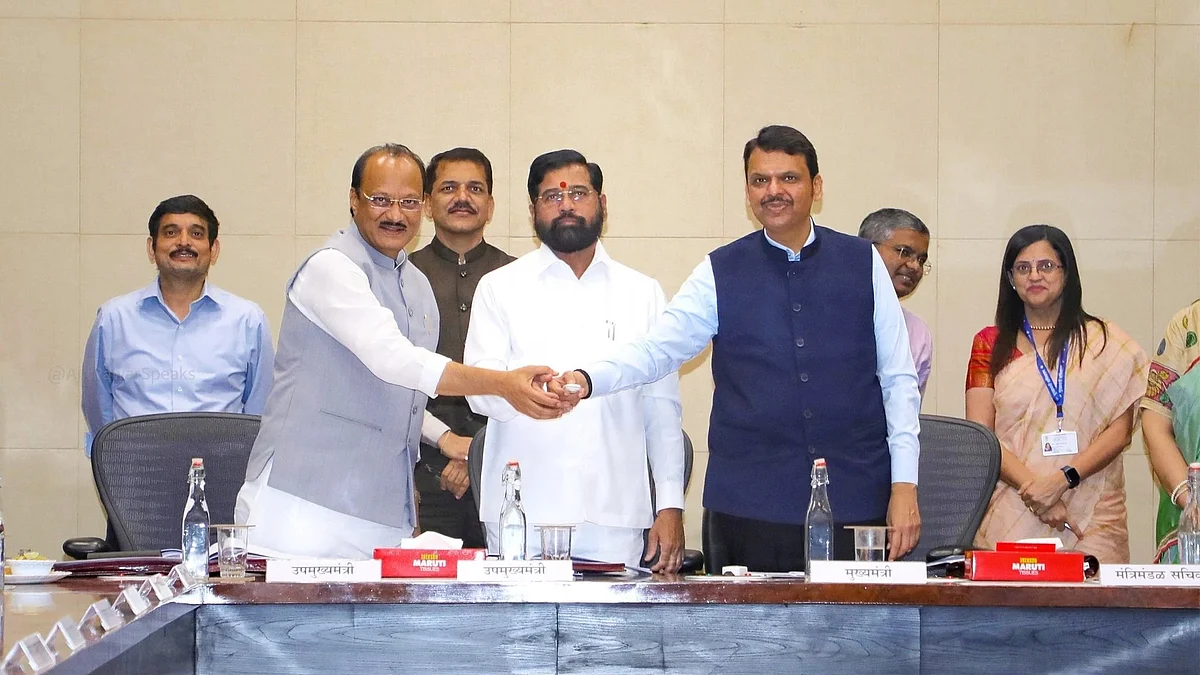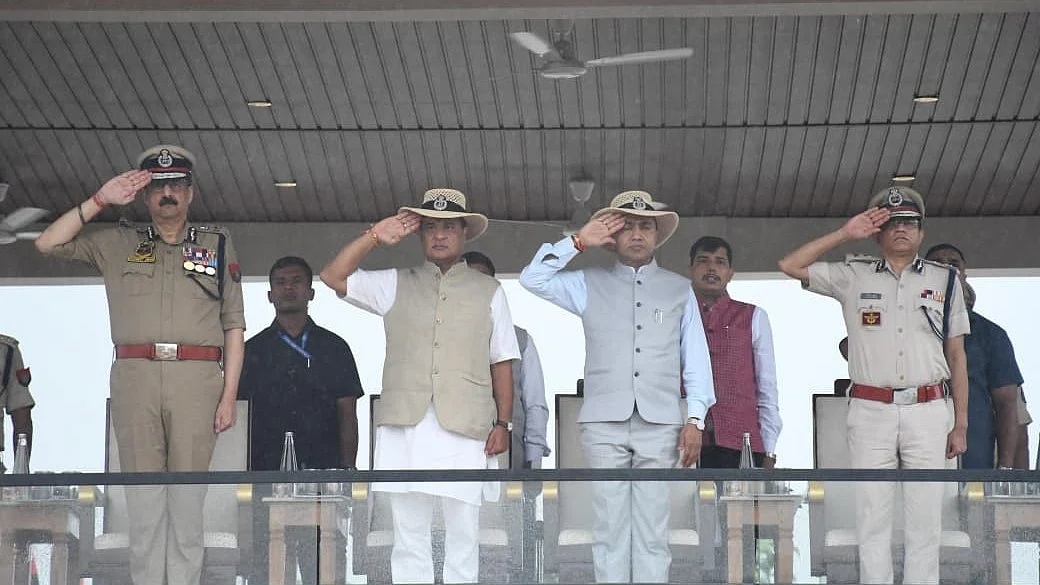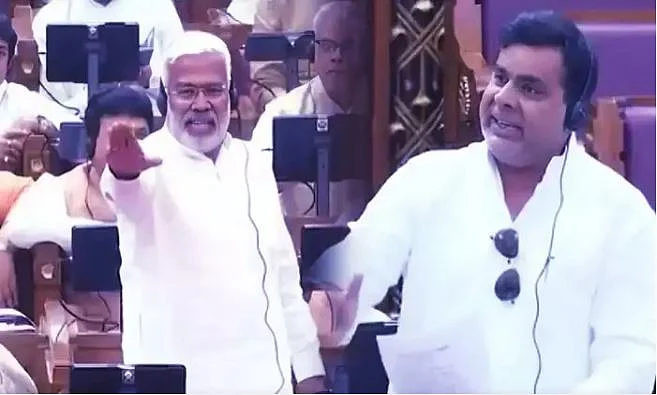New Delhi: The Supreme Court, on Tuesday, August 12, closed a long-running case filed by the Indian Medical Association (IMA) against misleading advertisements for traditional medicines, bringing an end to its own interim order that required prior state approval for such ads.
The decision clears the way for companies in the AYUSH sector to advertise without pre-clearance from state licensing authorities.
Background of the Case
The matter began when the IMA moved the court against Patanjali Ayurveda, accusing the company of making unsubstantiated claims about its products and disparaging modern medicine. Earlier hearings, before Justices BV Nagarathna and KV Viswanathan, also examined the failure of authorities to act on misleading content and initiated contempt proceedings against Patanjali’s promoters, Baba Ramdev and Acharya Balkrishna. Those proceedings were later closed after public apologies were issued.
During the litigation, the Ministry of AYUSH deleted Rule 170 of the Drugs and Cosmetics Rules, 1945, on 1 July 2024. This rule had mandated state-level approval before advertising Ayurvedic, Siddha, or Unani medicines, a safeguard intended to curb exaggerated or false health claims.
In August 2024, a different bench of the Supreme Court stayed the deletion, temporarily keeping the requirement in place. Monday’s hearing revisited that position.
What Did the Court Judgment Say?
Senior Advocate Shadan Farasat, appearing as Amicus Curiae, said that several states had continued to enforce Rule 170 despite its removal. Justice Viswanathan questioned how states could apply a provision already struck down by the Centre.
Advocates opposing the deletion warned of risks to vulnerable consumers, while Solicitor General Tushar Mehta argued that existing laws and self-regulation made the rule redundant. Justice Nagarathna remarked that if manufacturing of AYUSH products was permitted, advertising them would be a “natural business practice.”
In its final order, the bench said that the reliefs sought by the IMA had been addressed and no longer required judicial intervention. The August 2024 stay was vacated, and the petition disposed of. The court granted liberty to approach the High Court for challenges to the deletion of Rule 170.









